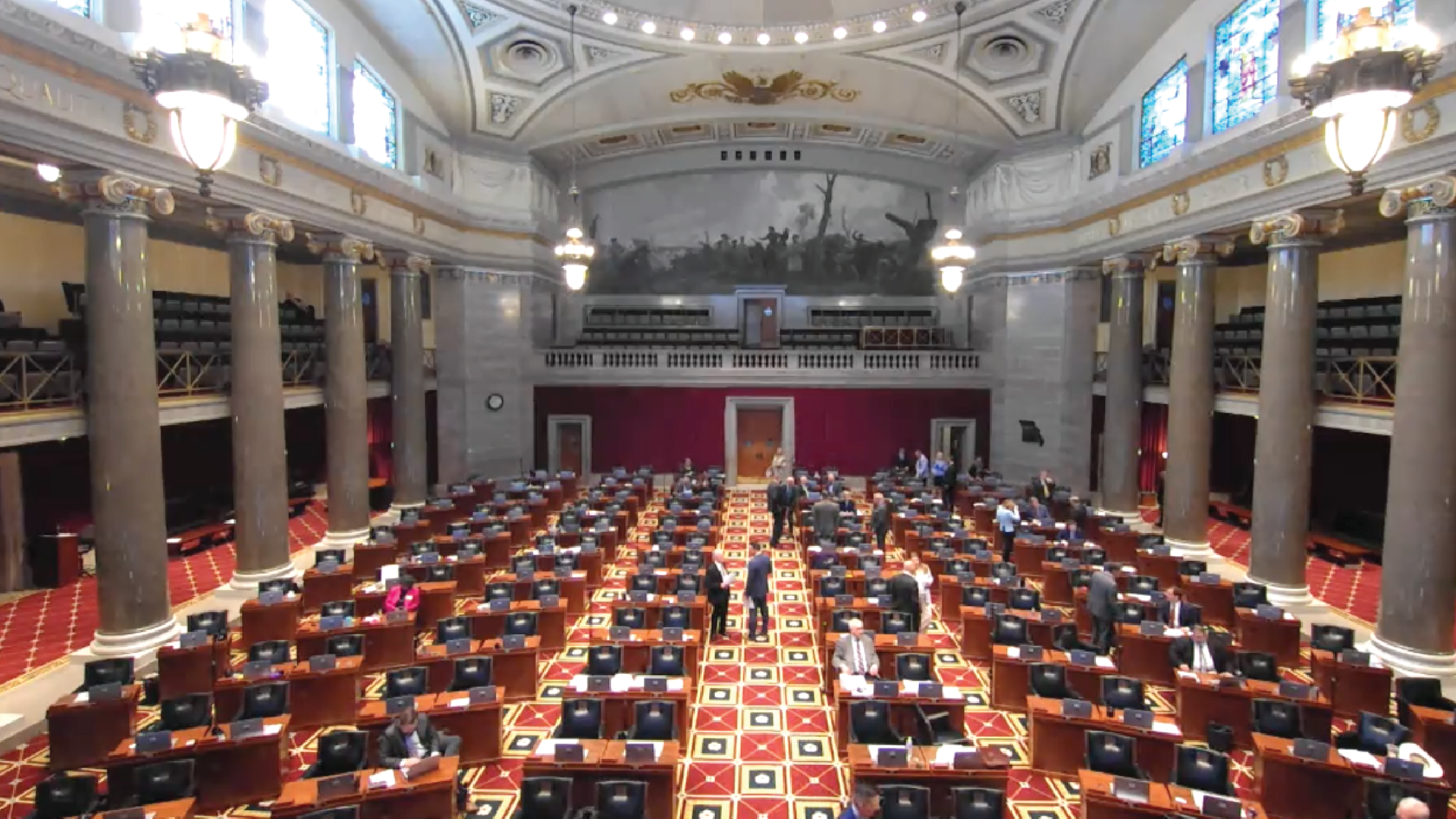Scrapping the Limit, Save, Grow Act: A Missed Opportunity
 James Whitford
James Whitford
Founder & CEO
Read more from James
Listen to this article:
This article was originally published on InsideSource’s DC Journal on July 12, 2023.
Because I fear that America is sinking into the mire of national debt and government dependency, I testified in favor of work requirements for the food stamp program at a U.S. Senate hearing on the Farm Bill in April of this year. Few offered similar arguments, and most gave impassioned speeches about the need to grow welfare programs. To the latter, I’d like to extend an invitation to my home state of Missouri, which instituted work requirements for able-bodied adults without dependents (ABAWDs) on food stamps in 2016.
The outcomes of Missouri’s work requirement efforts saw 85% of ABAWDs move from welfare to work, and state-wide food insecurity dropped from 14.2% to 12%. So I was encouraged to learn that the “Limit, Save, Grow” debt ceiling bill being debated in Congress this Spring included a provision to raise the welfare work requirement age for ABAWDs from 50 to 56 years of age while limiting the ability of states to waive those requirements.
Unfortunately, the bill failed.
More Americans returning to work equates to less government spending on social safety net programs. That’s one reason the failure of the Limit, Save, Grow Act as an answer to the debt ceiling crisis really hurt. Our national debt has doubled in the last 10 years from $16 trillion to $32 trillion. The current rate of government spending is untenable, and the U.S. Treasury Department has been forced to admit in its 2022 Financial Report that “The projected continuous rise of the debt-to-GDP ratio indicates that current policy is unsustainable.”
As the June deadline for default on the national debt approached, the U.S. Government was still trying to figure out how to continue spending what it doesn’t have by borrowing more to pay what it owes. Higher interest rates, a stock market meltdown, and economic recession loomed while the “Limit, Save, Grow” Act was tossed aside for a compromise that increased the debt ceiling but failed to reign in government spending. Its replacement, the Fiscal Responsibility Act, signed into law by President Biden on June 3rd, only trims deficit spending by three percent over the next 10 years. The Congressional Budget Office projects it will leave us with a debt bill of $45.2 trillion in 2033.
We should have kept the word “Limit” in the bill.
Like “Limit,” the word “Save” implies something about economics, but the most significant opportunity for saving in this scrapped bill was that of human dignity. Although the Fiscal Responsibility Act retained some aspects of work requirements for SNAP (food stamps), overall, the rules were relaxed enough that SNAP enrollment is now projected to increase by 78,000 people at a cost of $2.1 billion.
Sadly, though being employed is essential to escaping poverty, more people on food stamps ultimately results in fewer people working. Having the opportunity to provide for yourself and your family establishes a sense of dignity that can be stripped away by welfare dependency.
In my twenty-three years of building relationships with the poor and homeless at the mission my wife and I founded, I’ve learned that nothing offers more dignity than the independence achieved through work. Even the very basics of food, shelter, and clothing are earned by those who come through our doors, saving the dignity of those we serve.
A homeless woman, Selena, recently told me, “Allowing me to work for my bed and meals lets me feel like I can keep my dignity.” Another homeless man remarked, “It’s like you take the shame out of the game.
And another woman left me a voicemail after earning her food, saying, “Thank you for treating me as equal.” It is a uniquely human quality to exchange labor for goods or services, and welfare without expectation of exchange limits potential and strips dignity.
Because expansive government crowds out neighborliness, the failure of the Limit, Save, Grow Act also impedes the growth of stronger communities. Alexis de Tocqueville wondered at the greatness of America’s communities and civic associations no less than he warned us of losing them: “The more [government] stands in the place of associations, the more will individuals, losing the notion of combining together, require its assistance.” The more government reach extends to meet the needs of our neighbors, the more that “notion of combining together” is lost.
Offering those in poverty the opportunity to untangle themselves from the ever-expanding welfare safety net would be a refreshing disruption to the status quo by limiting government spending and reach, saving human dignity, and growing stronger communities. The Limit, Save, Grow Act would have helped. It pointed toward a more robust, less dependent America.
The Fiscal Responsibility Act may have given us room to breathe, but it fails to offer any lasting hope to Americans that the ship won’t sink.
Do you want to let legislators know what you think on issues like this? The True Charity Network gives people like you a way to share their views with them on poverty-related issues.
Already a member? Click here to answer the latest question.
Learn more about the True Charity Network!



